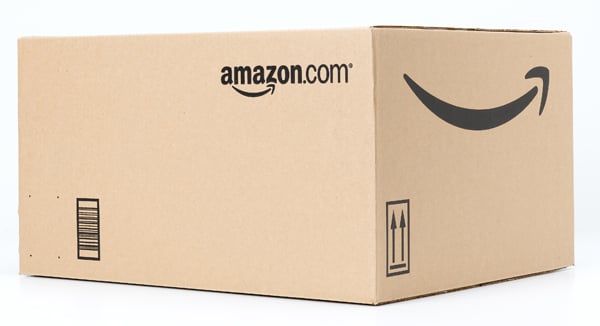States should update their laws to ensure e-retailers are collecting sales tax at the same rate as traditional retailers
E-retail giant Amazon continues to maintain an advantage over bricks and mortar retailers in many states by either not collecting local sales tax or charging a lower sales tax rate than traditional retailers, a new report from the Institute on Taxation and Economic Policy finds.
The report reveals that in seven states (Alabama, Alaska, Idaho, Iowa, Mississippi, New Mexico and Pennsylvania), Amazon is either not collecting local taxes or is charging a lower tax rate than local retailers. The reason for this varies across states, including Amazon applying interstate “use taxes,” which in some cases do not include the local tax rate. In other cases, state law requires sales tax to be assessed based on the location of the seller rather than the buyer.
This tax collection problem presents two challenges for states and local jurisdictions. One, by not universally collecting sales tax, Amazon and other e-retailers are maintaining an unfair advantage over traditional retailers. Two, localities that aren’t able to collect sales tax from online retailers may be at a disadvantage in the near future as Congress and the U.S. Supreme Court are considering expanding state and local sales tax collection authority.
“After decades of waiting, state and local governments might soon have the authority to collect sales taxes on online purchases made by their residents,” said Carl Davis, ITEP research director and author of the report. “But some cities aren’t going to see a dime in new revenue unless state or local laws are updated.”
“Philadelphia and Albuquerque, for example, are already losing out on sales tax revenue by giving a free pass to e-retailers based outside of the state, or even just outside these cities’ borders,” Davis said. “These cities are also putting their own local businesses at a disadvantage. But it doesn’t have to be this way. Most cities with sales taxes are already collecting tax on at least some purchases made over the Internet and are likely to collect even more revenue in the near future.”
The report concludes that lack of consistent sales tax collection is contributing to an unlevel playing field for local businesses “because millions of shoppers are able to pay less tax if they choose to buy from out-of-state companies over the Internet rather than at local stores.” It recommends that states explore reforms to bring their sales tax policies into the digital age.
To read the full report, visit: https://itep.org/amazon-and-other-e-retailers-get-a-free-pass-from-some-local-level-sales-taxes/





